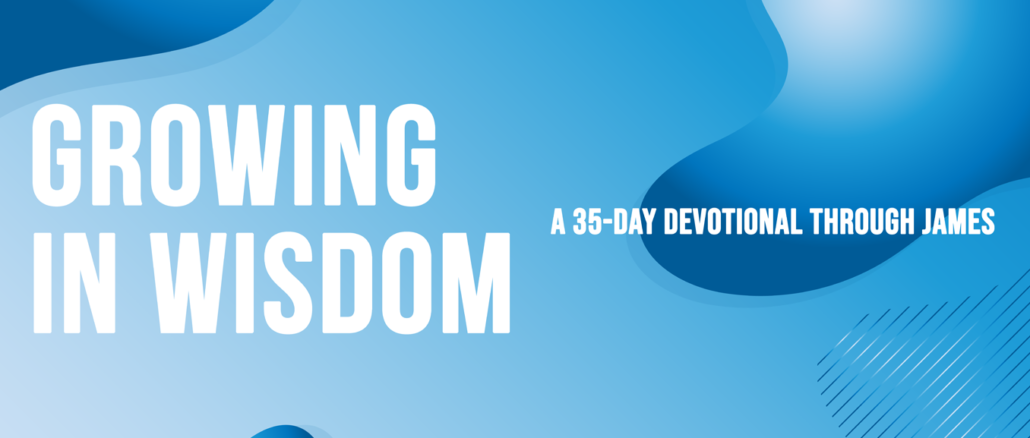
By Keith Bassham, Retired Editor of the Baptist Bible Tribune, Springfield, MO
Read James 3:3-6.
One of the great themes running through J. R. R. Tolkien’s Lord of the Rings saga is the idea that relatively small things (Hobbits, Tolkien’s height-challenged mythical creatures, for instance) can have an outsized effect despite their small appearance. In the novels, the Hobbits become a courageous and powerful force for good against evil despite their size.
We should not marvel. Large doors, like major world events, can swing on small hinges. Life coaches, weight loss experts, financial advisers, and professional declutterers … all maintain seemingly small actions that can add up to create big results.
Small things do have an outsized effect.
James is spotlighting much the same principle but in the form of a warning. The metaphors are vivid. A horse can be controlled by a bit in its mouth. A ship can be steered by a rudder. A spark can ignite a blaze. Small things do have an outsized effect. Just so, our tongue, though it is a small part of human anatomy, has huge power. James is obviously talking about the words we speak, a subject he takes up several times in his letter. In Chapter 1, he spoke of bridling (controlling) the tongue, especially when we are angry. In the opening of Chapter 3, the ability to master the tongue indicates you have complete mastery of the whole body. A few sentences further down from our text, James points out how words can both bless and curse.
Here, though, the destructive potential of our speech is the focus. How destructive? “And the tongue is a fire, the very world of unrighteousness; … that which defiles the entire body, and sets on fire the course of our existence, and is set on fire by hell.” Such language is not a mere tiny engine light on the car’s dash. James is sounding alarms, flying red flags, and flashing massive warning lights all around us. Watch. Your. Words.
How do we fight the fire?
Jesus said we speak out of the abundance of the heart (Luke 6:45). What is in the heart inevitably comes out of the mouth, so it makes sense that guarding our speech is a matter of guarding our heart and giving it over to the Lord’s constant influence. Otherwise, James says Hell sets the course.
James is sounding alarms, flying red flags, and flashing massive warning lights all around us.
Watch. Your. Words.
Reflective Questions:
- Imagine yourself wearing a physical bridle for your tongue. Who, or what, according to James, is seeking to control your bridle? How do you counteract that influence?
- How does the comparison between a small spark and a large fire illustrate the leveraging impact of our words? Must that impact always be negative? How can a few kind, encouraging, or comforting words have an outsized effect?
- James describes the tongue as an unruly or restless evil. How does recognizing the restless nature of the tongue influence our understanding of the need for constant vigilance in our speech? What will you be doing to harness the power of your words for a positive impact?
Memory Verse:
And the tongue is a fire, a world of iniquity. The tongue is so set among our members that it defiles the whole body, and sets on fire the course of nature; and it is set on fire by hell. James 3:6
Prayer:
Dear God, help me to remember the importance of small actions and how they can add up to create big results. Help me to understand the power of my tongue. Keep me from being destructive with my tongue. I know that I speak out of the abundance of my heart, so help me guard my heart.
Related Scriptures:
Luke 6:45; Psalm 32:9; Proverbs 18:21; Jeremiah 9:3-8; Proverbs 12:18; Psalm 120:2-3; Proverbs 16:27; Mark 7:15


Wow brother Keith! This devotional itself illustrates its message – the power of a few words. Thanks.